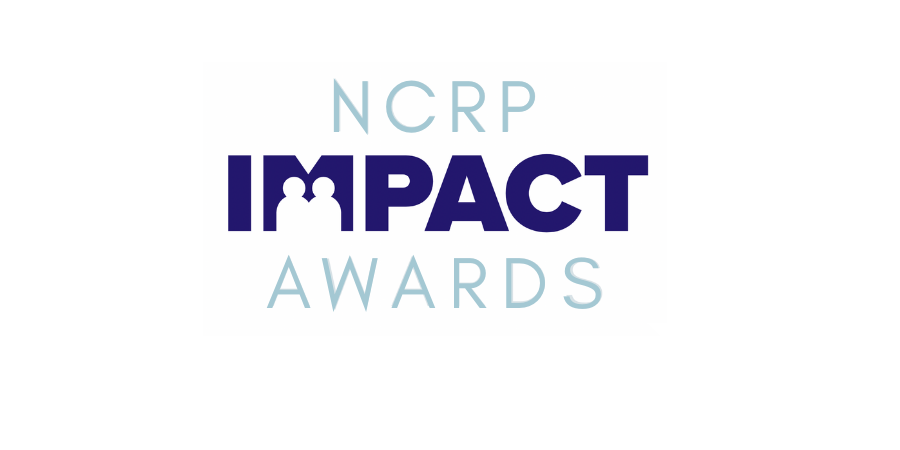NCRP IMPACT AWARDS
NCRP’s biennial Impact Awards celebrate funders and individuals who have shown leadership, innovation and commitment to solving the country’s toughest problems.
Award winners lead by example, risking their comfort, dollars, and voice to stand by communities who work daily to create a fairer, more just society. Honorees are chosen by a selection committee of funder and movement leaders from across the country.
PHILANTHROPY PLAYS A CRITICAL ROLE IN SOCIETY
Grantmakers were an important source of funding for the civil rights movement, women’s rights movement and the campaign to secure minimum wage across the country. Today, a new generation of philanthropic leaders are looking to not just follow in the footsteps of their predecessors, but to also do a better job of dismantling the exploitative and exclusionary systems that keep communities at the margins, far from reaching their potential.
Yet, we know that for deep, systemic change to go viral, people need to see these values in action.
NCRP provides a window into these best practices, Since 2013, we have awarded 25 Impact Awards to grantmakers in recognition of support, leadership and partnership with grassroots organizations and community leaders around LGBTQ rights, minimum wage, environmental justice, health equity and other critical issues.
These are foundations and donor networks that are displaying the kind of exemplary leadership and funding practices that philanthropy should be pursuing in service of the common good.
Award Criteria
Award categories were initially designated by size and type. In 2017, the awards were reorganized into four distinct categories:
– The “Mover and Shaker” Award for Bold Peer Organizing
– The “Smashing Silos” Award for Intersectional Grantmaking
– The “Changing Course” Award for Incorporating Feedback
– The “Get Up, Stand Up” Award for Rapid Response
Winners are selected based on these three criteria:
Exemplary Grantmaking – Funders had to demonstrate evidence of allocating a relatively high percentage of annual discretionary giving to social justice, marginalized communities, general operating support and multi-year grants. Its grantees have a visible effect on promoting systems change and empowering underserved communities.
Philanthropic Leadership – The funder’s leaders also had to publicly demonstrate a commitment to systems change strategies such as public speaking or writing about funding social change strategies and marginalized groups, serving on committees or other initiatives that promote social justice and signing on to Philanthropy’s Promise.
Diversity, Inclusion and Equity – Finally, the funder shows a demonstrated commitment to diversity, inclusion, and equity, especially along lines of race and gender, in its staff and trustees.
These new categories reflected NCRP’s continued commitment to highlighting the important role that play in funding social justice movements, leveraging their own power for systemic change, and sharing decision-making and governance with marginalized communities.
